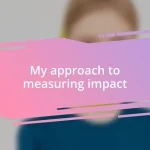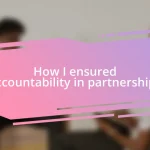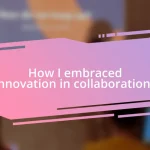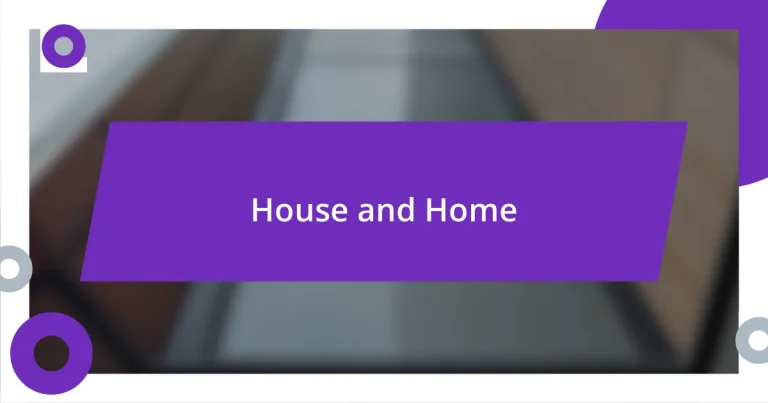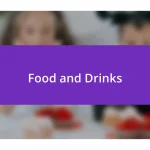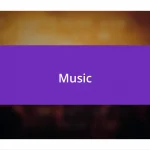Key takeaways:
- Flashcards enhance memory retention through active recall and spaced repetition, making studying more efficient and enjoyable.
- Choosing the right flashcard system—with features like accessibility and customization—can significantly improve study effectiveness.
- Regularly measuring progress and reflecting on study methods fosters motivation and helps refine learning strategies for better results.
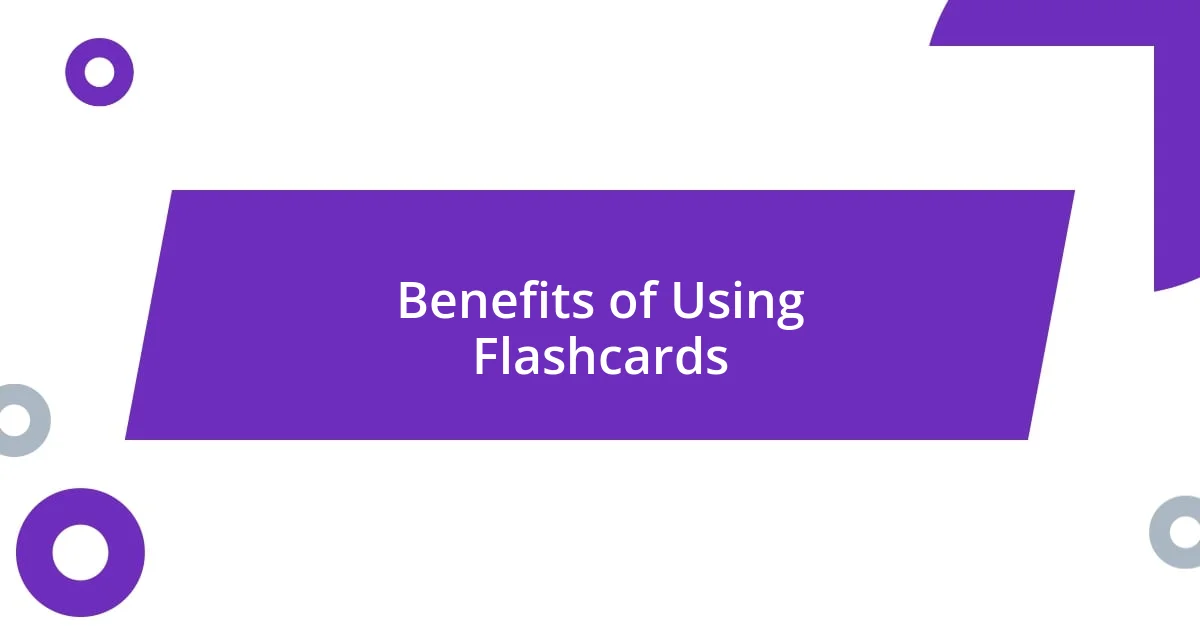
Benefits of Using Flashcards
When I think about my study sessions, I can’t help but reminisce about the countless hours I spent poring over textbooks, feeling overwhelmed. Flashcards changed the game for me. They break down information into bite-sized pieces, making it easier to digest and recall, especially when I’m cramming before exams.
One benefit that really stands out is the active recall method. It’s like a quiz every time I flip a card, which not only reinforces my memory but also builds my confidence. Have you ever felt that exhilarating rush of recalling a difficult concept right when you need it? I remember feeling that moment of triumph just last month while studying for a challenging history test.
Plus, the versatility of flashcards is something I truly appreciate; I can use them anywhere—on the bus, during lunch, or even while waiting in line. It’s a practical way to maximize my study time. Isn’t it great to know that studying can be so seamless? I believe that, ultimately, incorporating flashcards into my routine has made learning not just more efficient, but also more enjoyable.
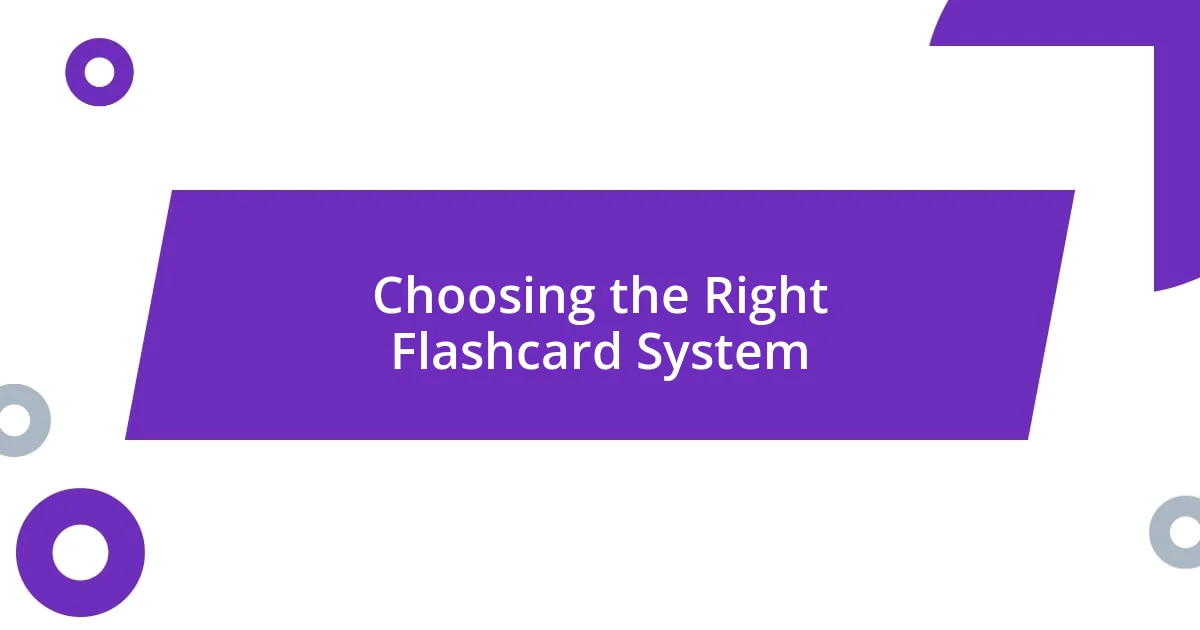
Choosing the Right Flashcard System
Choosing the right flashcard system can significantly influence how effective your study sessions are. Personally, I’ve experimented with both physical flashcards and digital ones. Each has its benefits, but I’ve found that digital flashcards, especially those that use spaced repetition algorithms, keep me on track more effectively. This system prompts me to review cards at optimal intervals, enhancing my long-term retention.
When selecting a system, consider the following factors:
- Ease of Use: How intuitive is the interface? I prefer systems that don’t require a learning curve, allowing me to focus on content.
- Customization Options: I love being able to add images or audio to my cards. It turns my study material into a more immersive experience.
- Accessibility: Can I access my flashcards on multiple devices? I appreciate being able to study during commutes or in coffee shops.
- Collaboration Features: Systems that allow sharing with friends can make studying more interactive and fun.
- Progress Tracking: I enjoy seeing my stats; it motivates me to study consistently.
Choosing the right system is a personal journey, one that should align with how you learn best and fit seamlessly into your study routine.
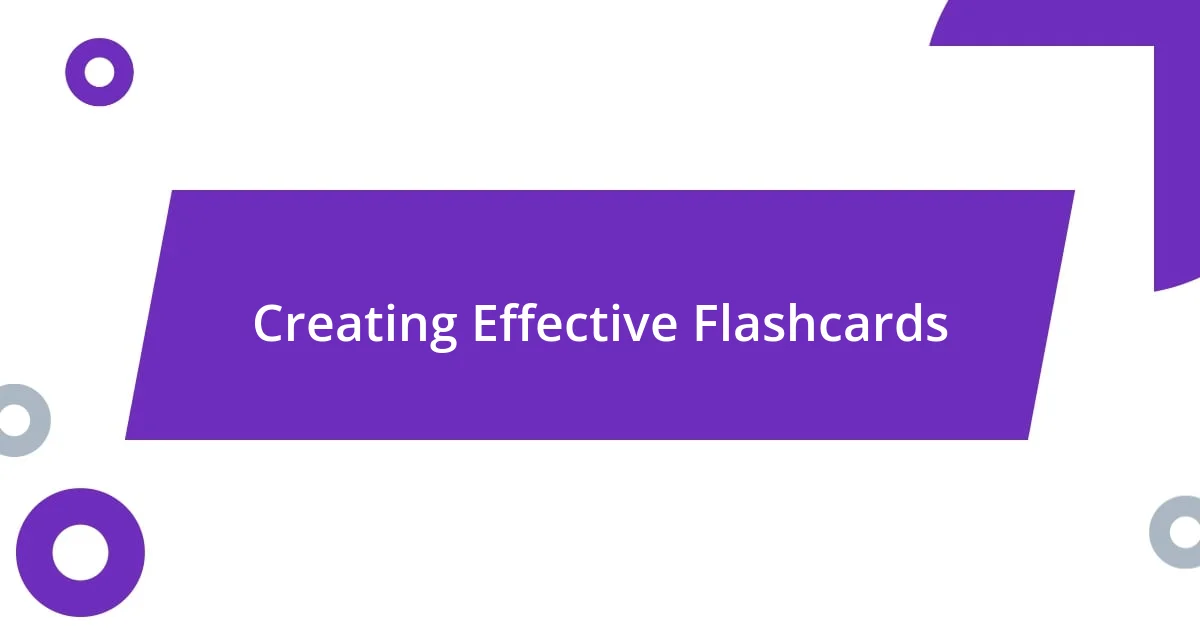
Creating Effective Flashcards
Creating flashcards that truly resonate with you is essential for effective studying. I’ve found that the best flashcards come from a blend of simplicity and personalization. When I create them, I focus on one concept or question per card to avoid overwhelming myself. This approach transforms complex topics into manageable bits, making review sessions less daunting. I recall when I crafted cards for a particularly tricky biology unit, breaking down intricate processes into smaller steps, which made revisiting them so much less stressful.
Imagery is another tool I wield carefully. Adding relevant images not only spices up the cards but also helps in retention. I can still remember the impactful moment when I used a vivid diagram on a flashcard to understand the human circulatory system. It felt as if the visual component completed the puzzle in my mind, making it stick long after I had closed my study materials. Think about your own experiences; have there been visuals that made concepts click for you?
In creating my flashcards, I also incorporate questions that challenge me to think critically. Instead of just defining a term, I ask myself how it applies in real-life scenarios. This technique not only reinforces my understanding but makes studying feel more relevant. Remember that time you struggled with a concept, and then it all clicked? That’s the beauty of flashcards—they can be your key to unlocking that understanding in a fun, interactive way.
| Flashcard Type | Pros |
|---|---|
| Physical Flashcards | Touch and feel, no screen distractions, easy to create. Ideal for tactile learners. |
| Digital Flashcards | Access anywhere, incorporate multimedia, often use spaced repetition for better retention. |
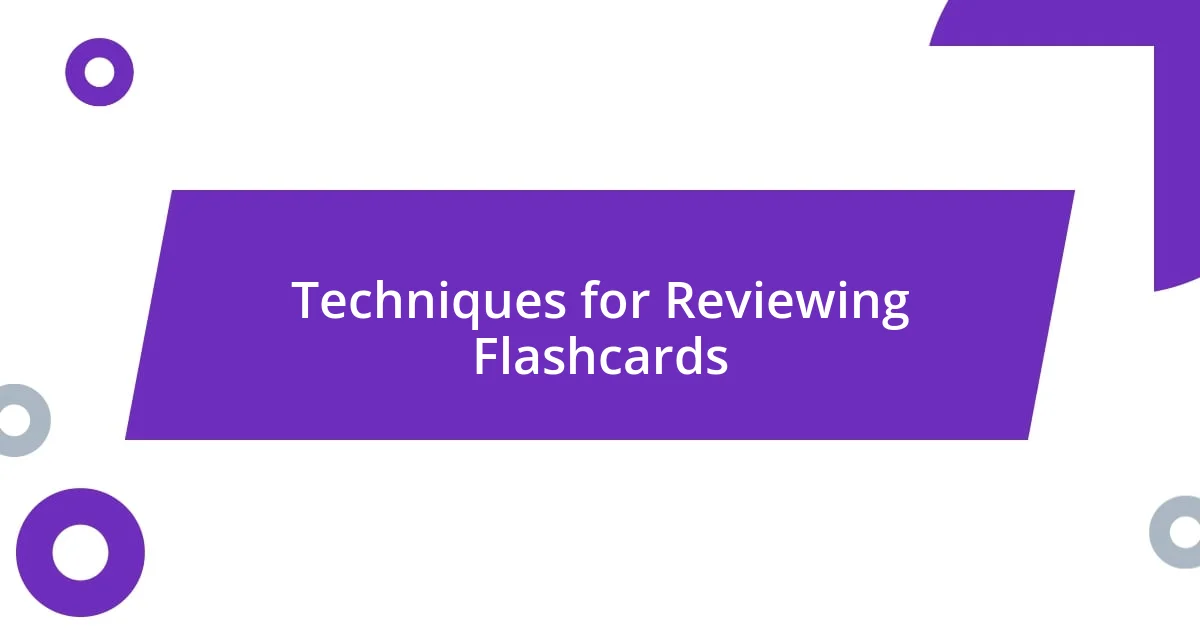
Techniques for Reviewing Flashcards
Reviewing flashcards effectively requires consistency and a proactive approach. One technique I swear by is the “active recall” method. Instead of just flipping through cards passively, I quizzed myself and actively tried to remember the answers before checking. There’s something incredibly satisfying about that moment when the answer pops into your head—almost like a little victory dance in my brain! Have you ever experienced that rush of clarity?
Another method I’ve embraced is the “spaced repetition” technique. I make it a point to revisit challenging cards more frequently while giving myself a break from those I’ve mastered. I recall a particularly tough set of flashcards on foreign vocabulary. By spacing my reviews, I felt less overwhelmed and could engage with the material more authentically. It was like nurturing a plant; the more attention you give to the difficult areas, the more they flourish over time.
I also love mixing things up with group study sessions. I often gather with friends to quiz each other using flashcards. This technique not only makes the review process more enjoyable but also exposes me to different perspectives and insights. Have you ever had a study session where a friend’s explanation completely changed your understanding of a topic? Those moments can truly bring the material to life and solidify concepts in a way that solitary study sometimes can’t achieve.
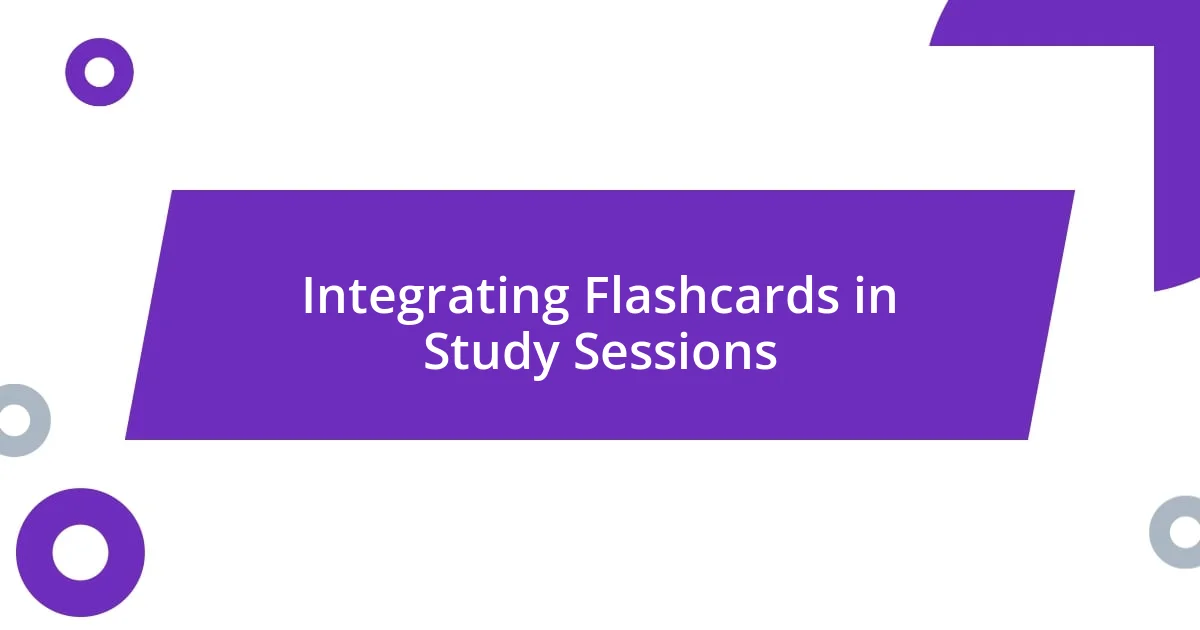
Integrating Flashcards in Study Sessions
Integrating flashcards into my study sessions has been a game-changer. I often set aside dedicated time specifically for flashcards, making it a ritual where I can immerse myself in the material. I remember one night, tired after a long day, but I pushed through and committed to just 20 minutes with my flashcards. That focused time transformed my anxiety about an upcoming exam into a sense of achievement as I grasped key concepts.
I also find that portability is a significant advantage when using flashcards. Whether I’m waiting for an appointment or taking a break at work, I can easily pull out my flashcards and review them. This flexibility ensures that studying becomes a part of my daily life. Have you ever had those little pockets of time where you could squeeze in some studying? It often surprises me how much I can cover in just a few minutes here and there.
In addition, I make a habit of varying the types of flashcards I use throughout a session. One moment, I’m testing myself with definitions, and the next, I’m working through application-based scenarios. This keeps my brain engaged and prevents boredom. Just the other day, I switched from technical terms in my flashcards to real-world examples, and it felt invigorating. It’s those shifts in focus that can prevent burnout and keep the studying experience exciting. Isn’t it refreshing to switch things up?
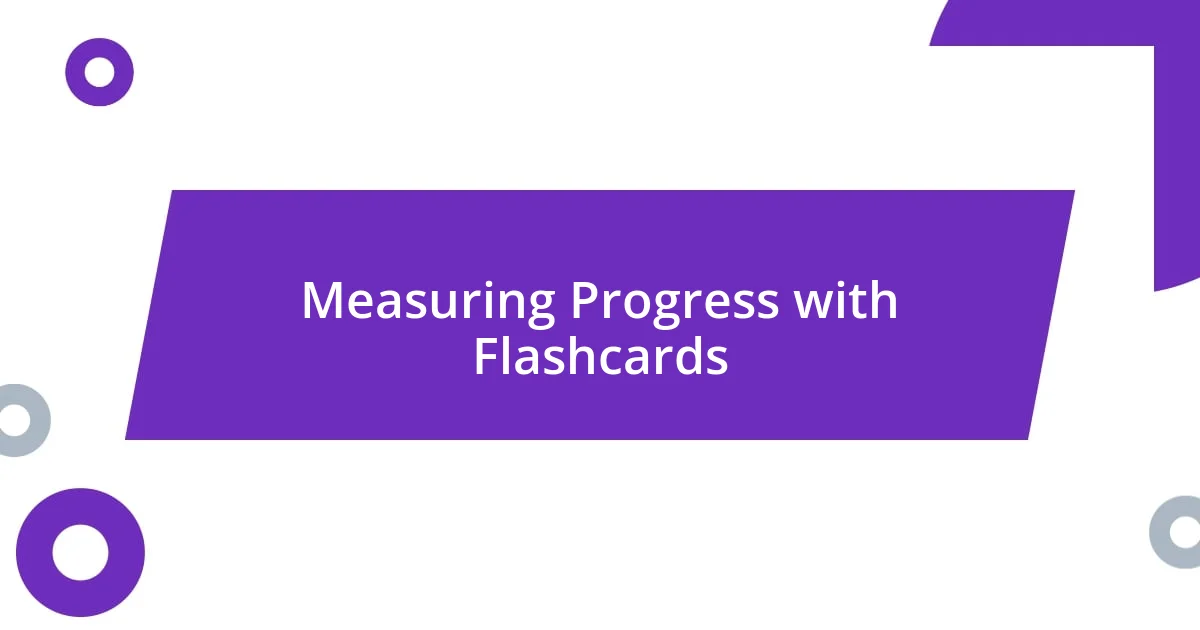
Measuring Progress with Flashcards
Tracking my progress with flashcards is both rewarding and motivating. I typically set milestones based on the number of cards I’ve mastered, and there’s nothing quite like the thrill of checking off those achievements. Recently, I noticed that I could recall around 70% of the vocabulary from my flashcards after just two weeks. Isn’t it amazing how those small moments of recognition can fuel your study momentum?
To measure my retention, I sometimes take mini quizzing sessions. I’ll grab a handful of cards and test myself on the spot. The process feels like a friendly competition with myself. I remember a time when I scored just 50% on a set of scientific terms, so I dedicated extra time to those cards. A week later, I not only remembered them but also felt a sense of pride when I could teach a peer about them. Have you ever had that satisfying moment where you realize how far you’ve come from a low score?
I also believe that reflection is key in measuring my progress. After each study session, I jot down notes about what worked and what didn’t. One time, I found that visual representations on my flashcards helped me grasp concepts better than mere text. Those reflections not only map my journey but also help adjust my future study strategies. It’s incredible how these little tweaks can make a world of difference—isn’t that the beauty of learning?




